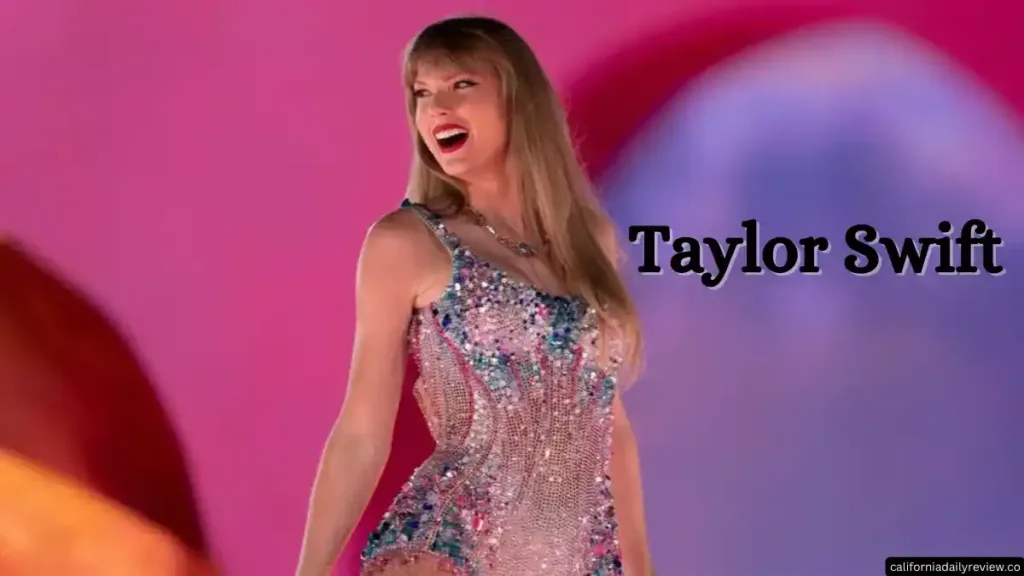In the ever-evolving landscape of politics, unconventional influencers are emerging as significant players. One such figure capturing attention is global pop sensation Taylor Swift. With her massive fan base and outspoken advocacy, Swift’s potential endorsement in the 2024 presidential election has sparked intense speculation and debate. In this comprehensive analysis, we delve into the dynamics of celebrity influence in politics, examining the implications of Taylor Swift’s involvement and the possible ramifications on voter behavior.
Taylor Swift’s Political Evolution:
Taylor Swift’s foray into politics began in 2018 when she broke her silence to urge fans to vote in a Tennessee election. Since then, she has openly endorsed Democratic candidates, including Joe Biden in the 2020 presidential race. With her staggering fan base and immense popularity, Taylor Swift‘s political pronouncements have not gone unnoticed. Each of her get-out-the-vote posts on social media has led to a significant surge in voter registration, highlighting her potential to mobilize her followers for political engagement.

The Taylor Swift Electorate:
Taylor Swift’s fan base represents a diverse cross-section of America, with a significant portion identifying as Democrats. While her popularity transcends party lines, she tends to resonate more with left-leaning individuals, drawing admiration from Democrats and skepticism from Republicans. Despite this partisan divide, Taylor Swift’s influence extends beyond her immediate supporters, with the potential to sway undecided voters and energize voter turnout, particularly among younger demographics.
Navigating Celebrity Endorsements:
The impact of celebrity endorsements on political outcomes is a subject of ongoing debate among experts. While some argue that endorsements merely reinforce existing beliefs, others contend that they can sway public opinion and behavior. Taylor Swift’s endorsement, if strategically deployed, could influence voter perceptions and contribute to candidate visibility and fundraising efforts. Additionally, her status as a cultural icon amplifies her reach, transcending traditional political boundaries.

Anticipating Backlash:
Taylor Swift’s potential endorsement has not escaped controversy, with opponents launching attacks and conspiracy theories in an attempt to discredit her influence. However, such efforts may inadvertently galvanize her fan base and reinforce their commitment to her causes. Furthermore, criticisms leveled at Taylor Swift risk alienating segments of the electorate, particularly millennial women who identify with her values and principles.
The Future of Celebrity Politics:
As we navigate the evolving intersection of celebrity and politics, it is essential to recognize the changing dynamics of voter engagement. While traditional campaign strategies remain relevant, the influence of cultural icons like Swift underscores the importance of adapting to new paradigms. By harnessing the power of celebrity endorsements effectively, political candidates can leverage broader appeal and inspire civic participation among diverse demographics.

Conclusion:
In an era defined by unprecedented connectivity and cultural influence, celebrities like Taylor Swift wield considerable power in shaping public discourse and political outcomes. While the full extent of Swift’s impact on the 2024 presidential election remains uncertain, her advocacy underscores the potential for non-traditional influencers to drive meaningful change. As we look to the future of celebrity politics, one thing is clear: the era of passive celebrity endorsement is giving way to a more active and influential role in shaping the course of democracy.






Comments are closed.